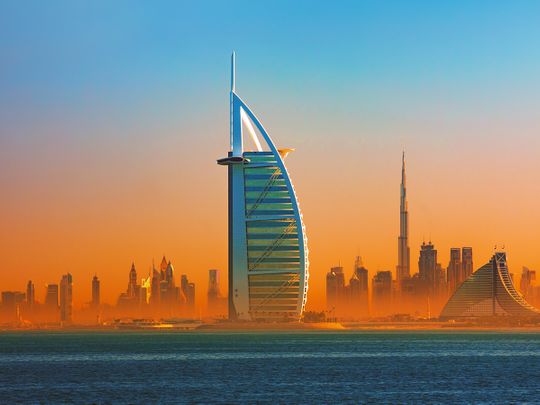
The Gulf’s free zones have played pivotal roles in developing several sectors such as manufacturing and trade. The UAE, in particular, has set a successful model in this field.
The 100 per cent ownership of businesses together with the ease of issuing commercial licenses and access to advanced logistics services have indeed been crucial in bringing about a rapid expansion of free zones. Over the past three decades, these zones have maintained their growth trajectory. However, rapid global economic and trade shifts, which aim at providing more ease for foreign investment flows, has prompted Gulf countries to respond, especially after the emergence of competitive economic zones elsewhere in the Middle East, Africa and Asia.
The Gulf countries amended their inward investment rules, with the aim of maintaining their competitive position in liberalised regional and global markets. These include adjusting the corporate ownership legislation to help foreign investors fully own their businesses not only in free zones, but on the mainland too. This was apart from other exceptional facilities such as the fast issuance of licenses and facilitating the recruitment of manpower, which has practically led to a balance between domestic investments and those drawn up by free zones.
Questions
However, such changes have raised questions about the future of free zones - are they still as systemically important? Some of the free zones’ privileges will remain in place. These zones provide integrated facilities within one specific area and offer investors a significant advantage, especially those zones near ports and airports in reducing transportation costs.
Such considerations will preserve the role of free zones, but at the same time, the recent changes on business ownership will limit new ones. This requires a radical change for these countries as the differences between economic zones, whether offshore or on the mainland, disappearing.
Need for review
The transformation will, in turn, require GCC countries to review some of the prevailing laws, such as those that exclude free zones products from some privileges contained in the Customs Union. Calculating the percentages of ownership and percentages of value added makes no sense given that the entire Gulf economy has turned into a free zone.
At the same time, this will constitute a real challenge to the Gulf common market, which grants privileges to inter-bloc trade and to the free movement of investments among GCC states. This will necessitate a quick review of previous economic agreements, which in turn requires great efforts by the GCC to amend their legislations to respond to those changes.
Some will face complications in carrying out these changes with the required speed due to the difficulty of taking investment-related decisions and its subordination into more than one legislative body.
Over the course of four decades, the GCC was able to reach vital economic and trade agreements that contributed to increasing fund and trade flows. All of this now needs to be reformulated due to the new circumstances.








